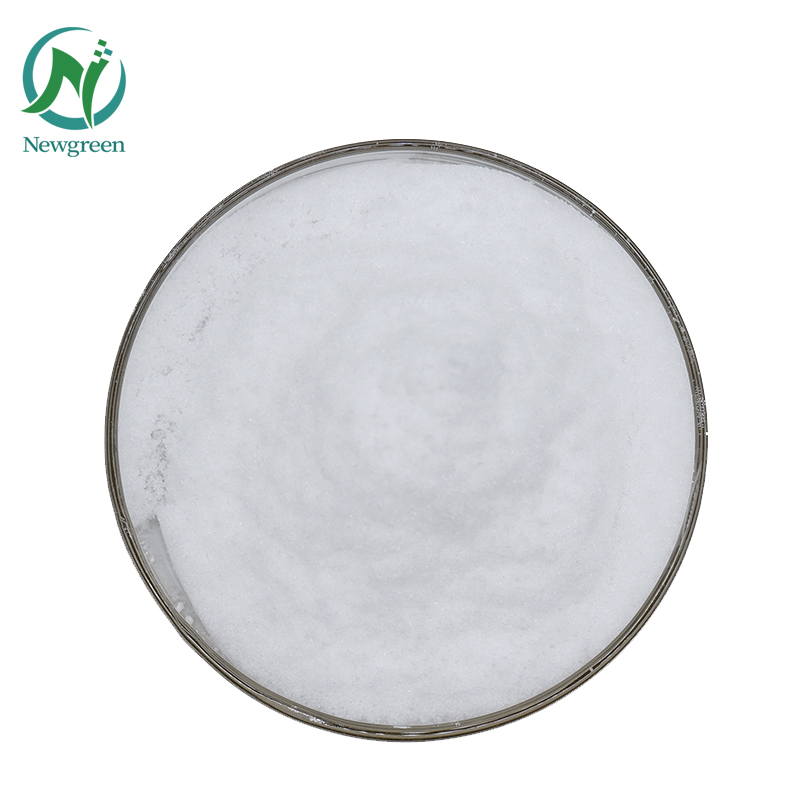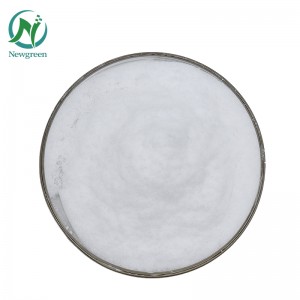Hot Selling Vitamin C Powder CAS 50-81-7 99% Food Grade Ascorbic Acid VC Vitamin C Powder

Product Description
Vitamin C, also known as ascorbic acid, is a water-soluble vitamin with the chemical name L-ascorbic acid. Here is an introduction to the basic chemical properties of vitamin C:
1.Molecular structure: The chemical formula of vitamin C is C6H8O6, and the molecular weight is 176.1 g/mol. Its molecularstructure is a five-membered ring structure composed of an imidazole ring and a ketone group.
2.Solubility: Vitamin C is a water-soluble vitamin that can dissolve in water to form an acidic solution. Its solubility is relativelyhigh, so it is easily absorbed and utilized by the human body.
3.Redox properties: Vitamin C has strong reducing properties and can participate in a variety of redox reactions. It can accept electrons and be oxidized to dehydroascorbic acid (L-dehydroascorbic acid), and can donate electrons to reduce other substances.
4.Antioxidant: Vitamin C plays an important role in the human body as a powerful antioxidant. It can capture reactive oxygen species and other harmful oxidative substances, reduce oxidation damage to cells, and protect important molecules in cells from damage.
5.pH value effect: Vitamin C solution is acidic and has the ability to lower the pH value. This makes vitamin C commonly used in the food and beverage industry as a food additive to regulate acidity.
6.Thermal stability: Vitamin C is sensitive to heat and is easily decomposed by heat and loses activity. Prolonged high-temperature heating, boiling or long-term storage will cause vitamin C loss.
Generally speaking, vitamin C is a water-soluble vitamin with reducing and antioxidant properties. It has basic chemical properties such as stable molecular structure and easy solubility in water. It has important functions in the human body such as antioxidant, anti-aging, promoting immune function, and collagen synthesis. It is an essential nutrient required by the human body.
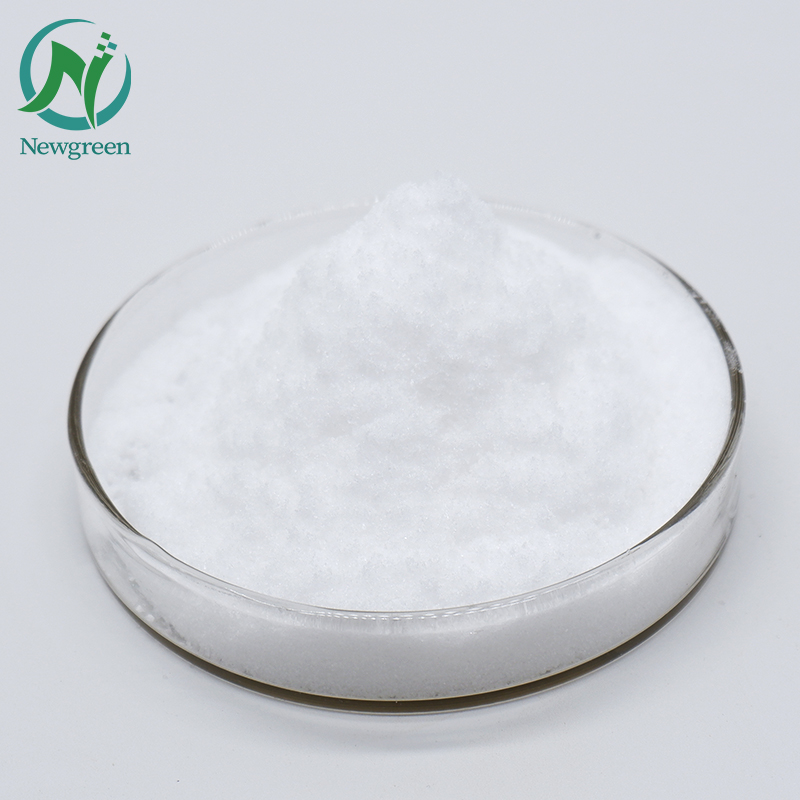
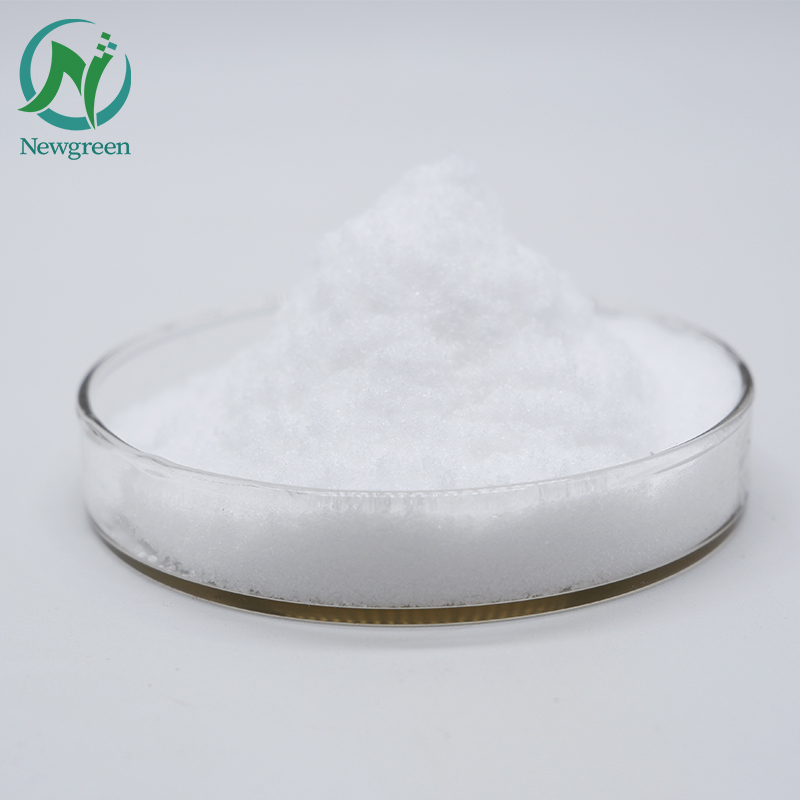
Function
Vitamin C has a variety of functions and effects in the human body. Its main functions are as follows:
1.Antioxidant effect: Vitamin C is a powerful antioxidant that can help neutralize free radicals and reduce oxidative stress damage to cells, thereby reducing the risk of chronic diseases such as heart disease, cancer and aging.
2.Immune Support: VitaminC plays a key role in immune system function. It can enhance the activity of white blood cells, promote the production of antibodies, and enhance the body's ability to fight infection.
3.Collagen synthesis: Vitamin C is a key substance for collagen synthesis, and collagen plays an important supporting role in skin, bones, teeth, blood vessels and other structures. Vitamin C intake boosts collagen synthesis and helps maintain the health of thesestructures.
4.Iron absorption: Vitamin C can increase the absorption of non-heme iron (non-animal iron). For vegetarians or people with poor iron absorption, taking vitamin C can improve iron utilization and prevent problems such as iron deficiency anemia.
5.Prevention and relief of colds: Although vitamin C cannot cure colds 100%, studies have shown that intake of vitamin C can reduce cold symptoms, shorten the duration of colds, and enhance resistance. Vitamin C is found in many foods, including citrus fruits (such as oranges, lemons, grapefruit, etc.), strawberries, blueberries, tomatoes, peppers, and green vegetables.
Application
Vitamin C has a variety of applications in medicine and everyday life. The following are some common application areas:
1.Food and beverage industry: Vitamin C is a common food additive used to increase the nutritional value of products. Can be used in food and beverages such as juices, beverages, snacks for children, cereals and nutritional supplements.
2.Pharmaceutical industry: Vitamin C is widely used in the pharmaceutical field. It can be used as a pharmaceutical ingredient for the treatment and prevention of various diseases, and is used in the manufacture of vitamin C tablets, injections, oral liquids, etc.
3.Cosmetics industry: Vitamin C has anti-oxidation and skin whitening effects, so it is widely used in cosmetics and personal care products, such as skin cream, facial mask, beauty liquid and cleansing products.
4.Agricultural industry: Vitamin C can be used as a plant growth regulator to promote plant growth and disease resistance. It can also be used for food preservation, preventing fruit from fading, etc.
5.Animal nutrition industry: Vitamin C is an important additive in many animal feeds, used to promote the health, growth and development of animals.
Related Products
Newgreen factory also supplies vitamins as following:
| Vitamin B1 (thiamine hydrochloride) | 99% |
| Vitamin B2 (riboflavin) | 99% |
| Vitamin B3 (Niacin) | 99% |
| Vitamin PP (nicotinamide) | 99% |
| Vitamin B5 (calcium pantothenate) | 99% |
| Vitamin B6 (pyridoxine hydrochloride) | 99% |
| Vitamin B9 (folic acid) | 99% |
| Vitamin B12
(Cyanocobalamin/ Mecobalamine) |
1%, 99% |
| Vitamin B15 (Pangamic acid) | 99% |
| Vitamin U | 99% |
| Vitamin A powder
(Retinol/Retinoic acid/VA acetate/ VA palmitate) |
99% |
| Vitamin A acetate | 99% |
| Vitamin E oil | 99% |
| Vitamin E powder | 99% |
| Vitamin D3 (chole calciferol) | 99% |
| Vitamin K1 | 99% |
| Vitamin K2 | 99% |
| Vitamin C | 99% |
| Calcium vitamin C | 99% |
factory environment
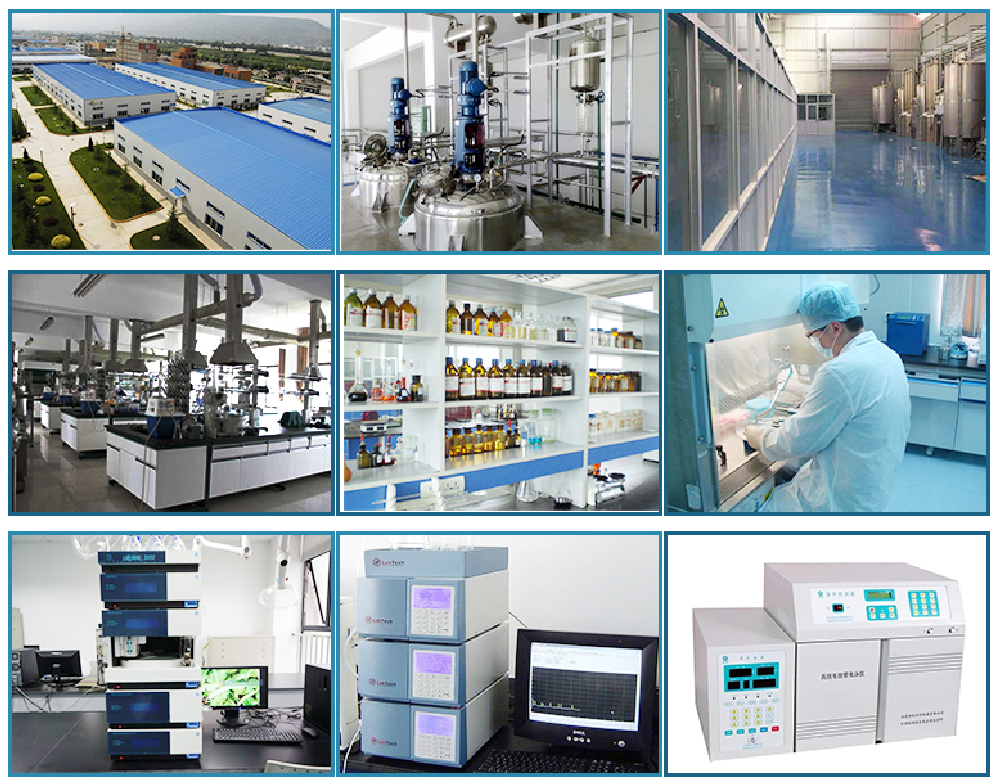
package & delivery

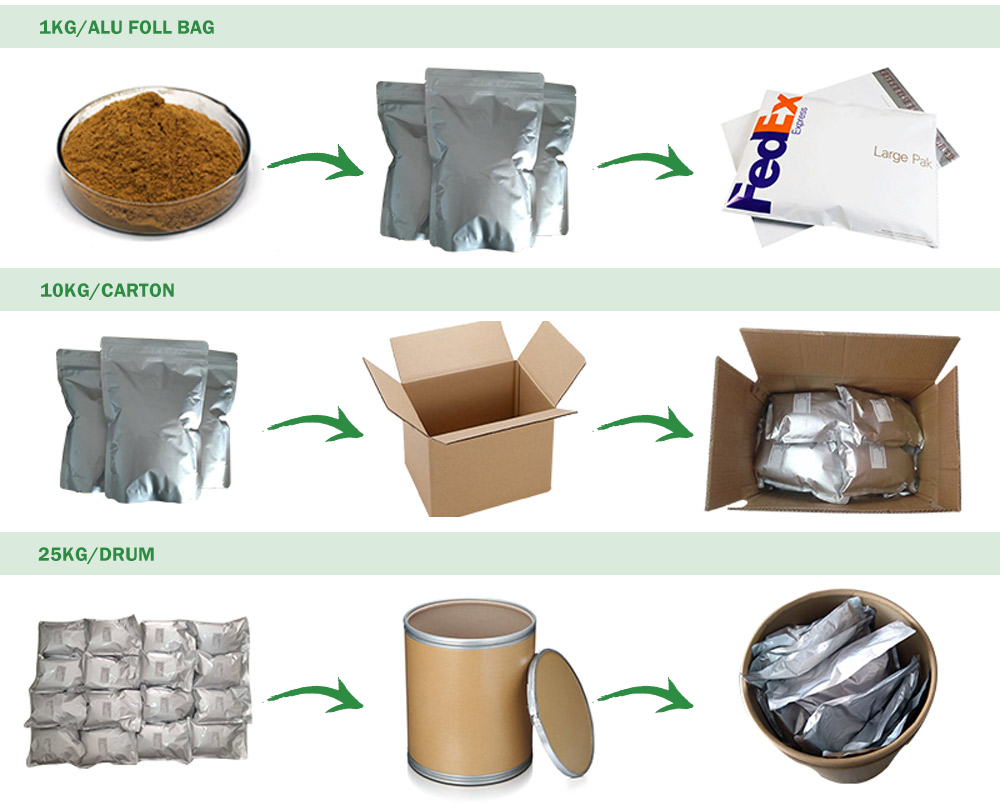
transportation



